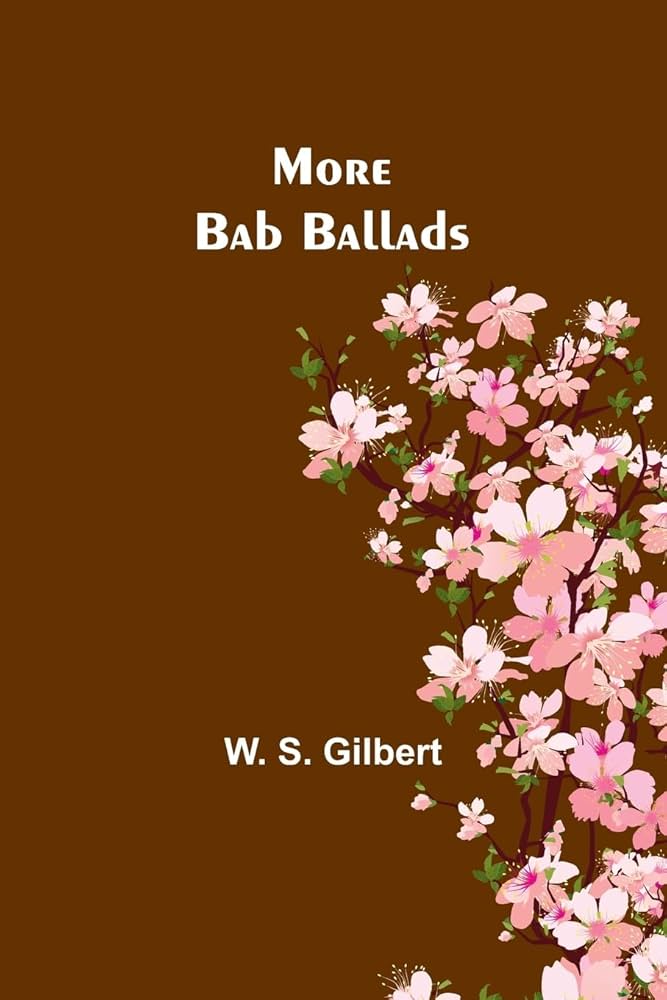Ballad: The Haughty Actor
byThe Haughty Actor begins with the rise of an admired performer named Gibbs, whose fame at Drury Lane feeds a growing pride that soon overshadows his good sense. Applause fills the theatre, and Gibbs basks in admiration, convincing himself that every part beneath a lead role is an insult. When offered a minor position in a new production, he scorns it, choosing ego over opportunity. His refusal marks a shift—not only in his career, but in how others begin to see him. The spotlight that once lifted him now casts longer, lonelier shadows. As the cheers quiet, so too does the patience of those around him, waiting for the inevitable fall. The story gains its rhythm from this imbalance: talent twisted by arrogance, and potential bent by pride.
During sleep, Gibbs is thrown into a vivid and unsettling dream. He finds himself cornered by bandits, defending his life in a fight that costs him the use of his hand. At first, the injury appears trivial, but pain builds and dread takes root. He rushes to Surgeon Cobb, whose growing reputation as a bold and brilliant amputator gives hope. Yet Gibbs is quickly dismissed. Cobb, craving prestige and grand procedures, finds no interest in mending a damaged finger. The irony is biting—just as Gibbs once dismissed small roles, now he is cast aside by someone equally intoxicated with stature. Both men, in their arrogance, mirror each other’s mistakes. Pride has a way of circling back with theatrical timing.
Cobb’s reaction is cold but deliberate. He views minor cases as beneath his calling, believing that greatness lies only in dramatic operations. His skill may be real, but his judgment is clouded by ambition and vanity. In his refusal, the reader sees a sharp reflection of Gibbs’ earlier rejection of less glamorous roles. The cycle of conceit unfolds with comic precision. What Gibbs deemed unworthy is now how others view him—small, unimportant, dispensable. It’s a scene painted with irony, drawn not just for laughter but to challenge the reader’s assumptions about success and status. The satire lands hard because the truth it tells is familiar: arrogance is blinding, and often isolating.
The deeper message of the ballad lies in how quickly pride can become a prison. Both Gibbs and Cobb are trapped by their need to be seen as extraordinary. They reject anything less than grand because they believe anything less diminishes them. But in that rejection, they cut themselves off from growth, collaboration, and even basic compassion. Gibbs may be an actor, but in this story, he becomes the unwitting star of a cautionary tale. His dream is absurd, but his awakening is sobering. If the dream were real, he would have lost not only his hand but also his chance at redemption. By clinging too tightly to his reputation, he nearly loses the very thing that built it.
The narrative, laced with rhymes and clever language, is more than comic relief. It is a reminder that greatness is not found in how much one is praised, but in how one handles tasks without applause. Cobb’s disdain for simple medical needs is as ridiculous as Gibbs’ disdain for smaller parts. Both are ruled by ego, not purpose. The humor in the ballad softens its critique but never dilutes it. There’s something deeply human in the characters’ failures—something readers can see in their own workplaces, communities, or even personal reflections. What begins as a tale about theatre becomes a wider meditation on character.
Adding a useful layer for today’s reader, this story resonates with modern audiences navigating career choices and professional pride. In many fields, the temptation to chase prestige over substance can lead to shallow victories. Real impact often comes from mastering the unglamorous and engaging in work that doesn’t always get noticed. Whether on stage, in an office, or at a clinic, humility sustains excellence far better than pride. Gibbs and Cobb each have talent, but it is their inability to serve without applause that renders them foolish. Readers are reminded that no role is too small when done with care, and no profession is too great to help someone in need. It’s a truth worth acting on—no curtain call required.
In closing, The Haughty Actor stands not just as a witty poem but as a parable for professionals across time. Talent without humility becomes brittle. Recognition without empathy is fleeting. And dreams—however theatrical—often carry the loudest truths.


